Student Spotlight: Interview with Warren Oliver, Jr
Founded by former broadcast professional Dick Robinson, and originally called the Connecticut School of Broadcasting, CSB Media Center has been around for 57 years. With locations in Connecticut, New Jersey, North Carolina, and Florida, we’ve graduated thousands of students who’ve joined the ranks of radio, broadcast, and digital media professionals. Our students are equipped with real-world industry experience and are supported by a team of true industry professionals.
We provide hands-on training on top notch equipment. Our small class sizes offer personalized attention that helps our students excel, with training that takes months, not years, and job placement assistance upon graduation.
We believe in skill, complemented by creativity. Our mission is to help you become the best professional you can be and, in doing so, help you accomplish your dreams. Because our students are at the heart of our mission, each month we will feature a current student or alumni in our Student Spotlight.
Through this series we hope to showcase the diversity of our students, why they chose our program and what they got out of it. Whether a Gen Z-er, a Millennial, or a Baby Boomer, CSB graduates are the next generation of industry professionals. We are proud to have this opportunity to exhibit some of their marvelous talent and incredible backgrounds. We hope you enjoy this small peek into their world. Welcome to Student Spotlight.
“I would tell everybody who wants to be in this industry, you’ve got to be okay with being told no; with being told it needs more work; it could be better. That’s the only thing that’s going to make you better and keep you going. I’ve applied a ton of times and been told no a ton of times. Don’t be afraid.”
Warren Oliver, jr. is having a phenomenal day. It’s Friday, and Warren has just been told he’s being promoted to production manager at RVN television, a Roku-based streaming television platform. Earlier in the day he’d received a call from a major player in the sports film industry to talk about a video production opportunity. Warren says he’s amazed by the rapid speed at which everything has occurred—it feels like his life is in overdrive—when he considers that he graduated from CSB a mere seven months ago with a certificate in Broadcast Media.
A year ago, driving home after a ten-hour shift as a Lyft driver, Warren spotted the sign for the Connecticut School of Broadcasting at its central location in Cherry Hill, New Jersey, a short distance from his home.
Immediately upon getting home, he dialed the school. That began a lengthy conversation with the school’s administrator about their Broadcast Media program. Warren had long held an interest in the broadcast industry, but couldn’t find a way in. He’d graduated college some five years earlier and following a passion for sports he’d played arena football in different venues around the country for half a decade. It was an exciting time, but now he wanted something different.
“I wanted a job doing video editing or TV sports broadcasting, which I’d gone to college for, but I’d been out of school for five years with no real background or experience to speak of. When I wasn’t playing arena football in the off-season, I’d work jobs warehousing, moving people, driving for Lyft or Uber. I couldn’t imagine myself applying for a broadcast job. I just couldn’t see it.”
Seeing the CSB sign was the push he needed. After speaking to their admissions rep, he decided this was an opportunity to combine the two things he loved: sports analysis and broadcast television. Warren signed on for the five-month program.
Within weeks of starting the program, Warren realized he’d made the right decision. Unlike college where he’d learned about the history of film and media esthetics, CSB was strictly about hands-on radio and TV production, with a concentration in sports and some podcasting. He learned how to do field camera work, video editing, and the A-Zs of podcasting, T.V. and radio production.
“My instructors had been on-air radio talent; one had done play-by-play for Penn U; another hosted a prominent podcast” he says. “All had worked in the industry.”
Everything about the program was industry driven. Warren says CSB taught him the terminology he needed; how to operate the equipment; and how to talk the talk. “If someone asks you for an XLR cable, you need to know what that does, how to plug it in and use it,” he explains.
The experience gave him not only the skills he needed, but the confidence to apply for some of the jobs he’d long wanted.
“Before attending CSB,” he laughs, “I would scan the internet, scoping out jobs in sports television that interested me, but I never applied for them. I just knew I didn’t have what I needed to make that leap.
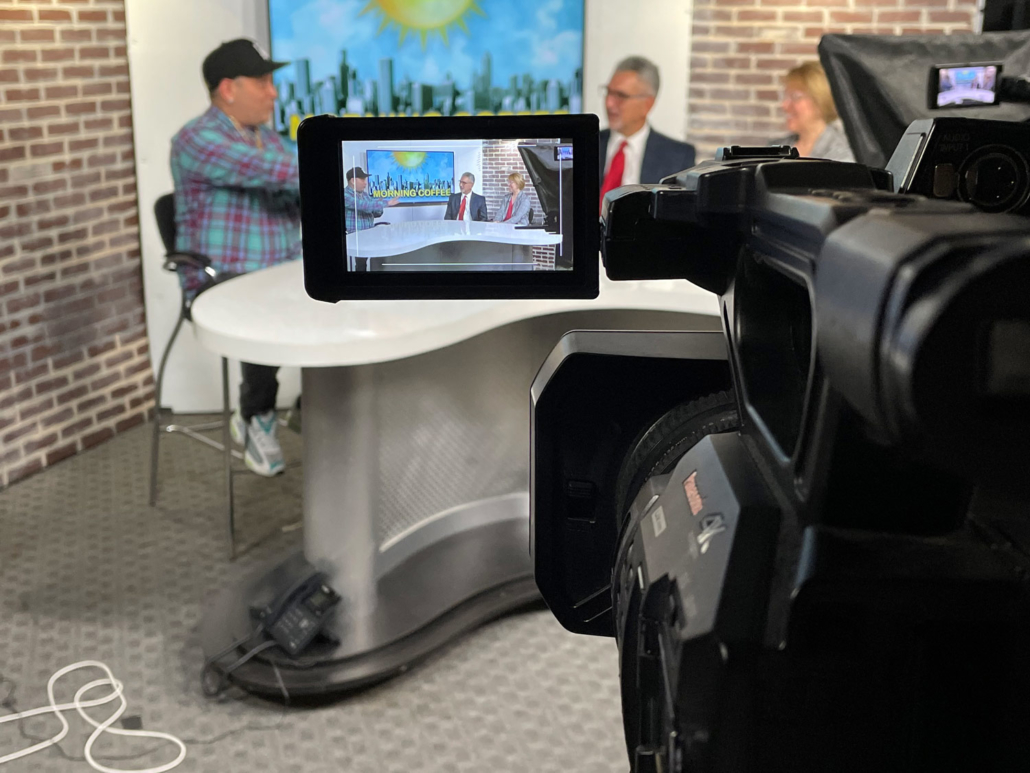
To get real work experience, while in school Warren wrote 20 companies and offered his services as a volunteer video editor. Five of those companies grabbed his offer. A year later he still works with three. The experience helped him shore up his skills and his resume.
Warren says he would tell anybody who wants into the industry that ‘You’ve got to be okay with being told no; being told it needs work; it could be better. That’s the only thing that’s going to make you better and keep you going.”
Warren was hired as a production assistant back in April. Since then, he’s been promoted twice, once as a producer, responsible for producing many of the 40 shows that run on the network, and now to production manager, a position with even greater responsibility. And all within a space of six months.
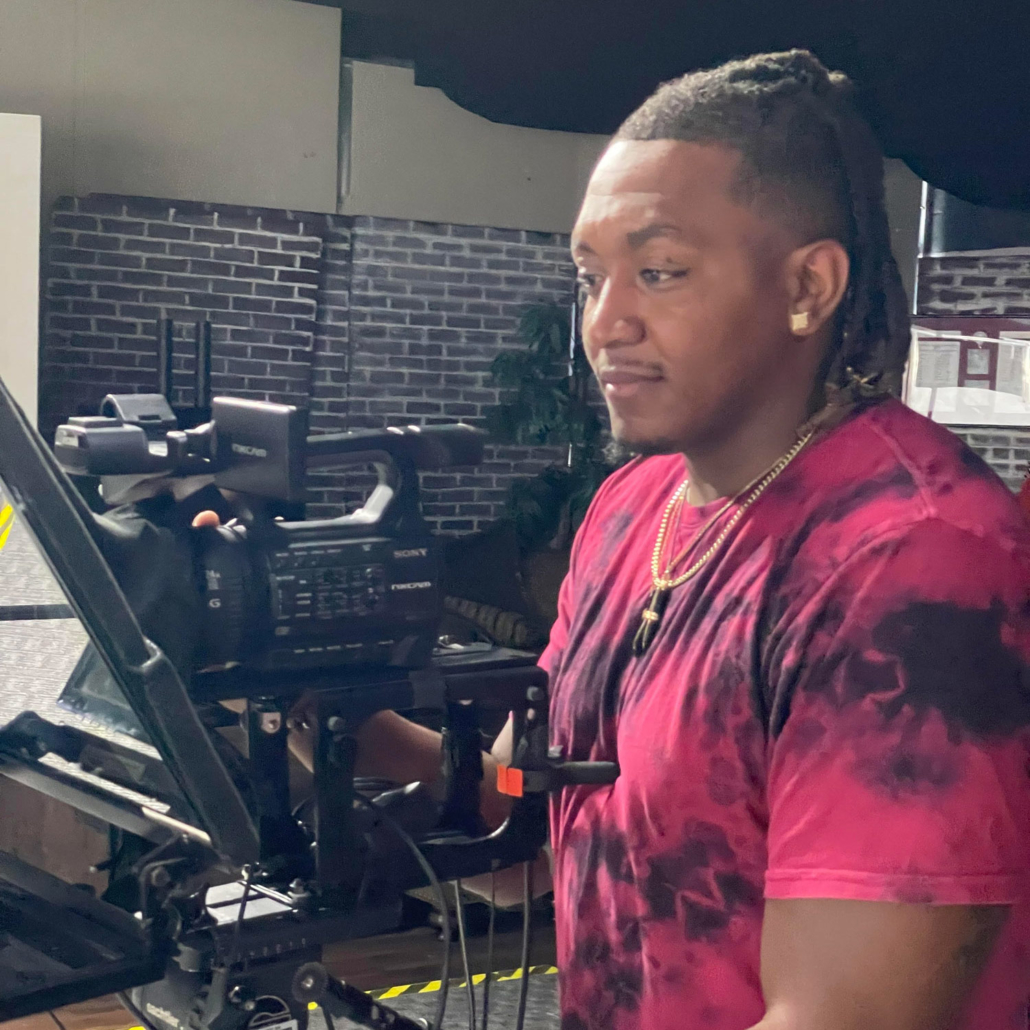
CSB gave him the skills and that, he believes, turbo-charged his drive.
“I’ve applied a ton of times and been told no a ton of times,” he says. “RVN hired me because I applied in four different ways. I contacted the owner on LinkedIn. I emailed the operations manager and then I applied to two different positions. They brought me in for a tour and toward the end of the tour, I told them, ‘I’m not leaving here today without a job,” and they said, ‘When can you start?’
“It’s all about what you put into it,” he says, “you can get as much out of it, as you want.”
Writer/Interview: Max Smith
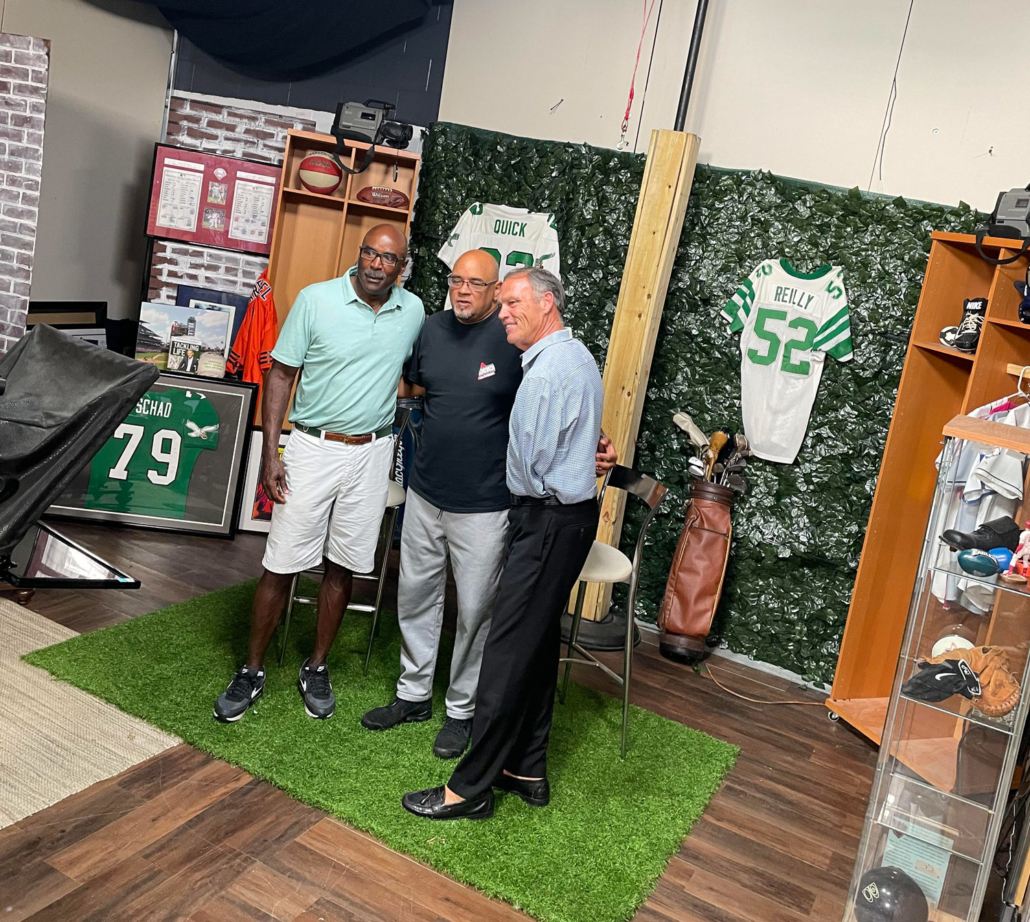
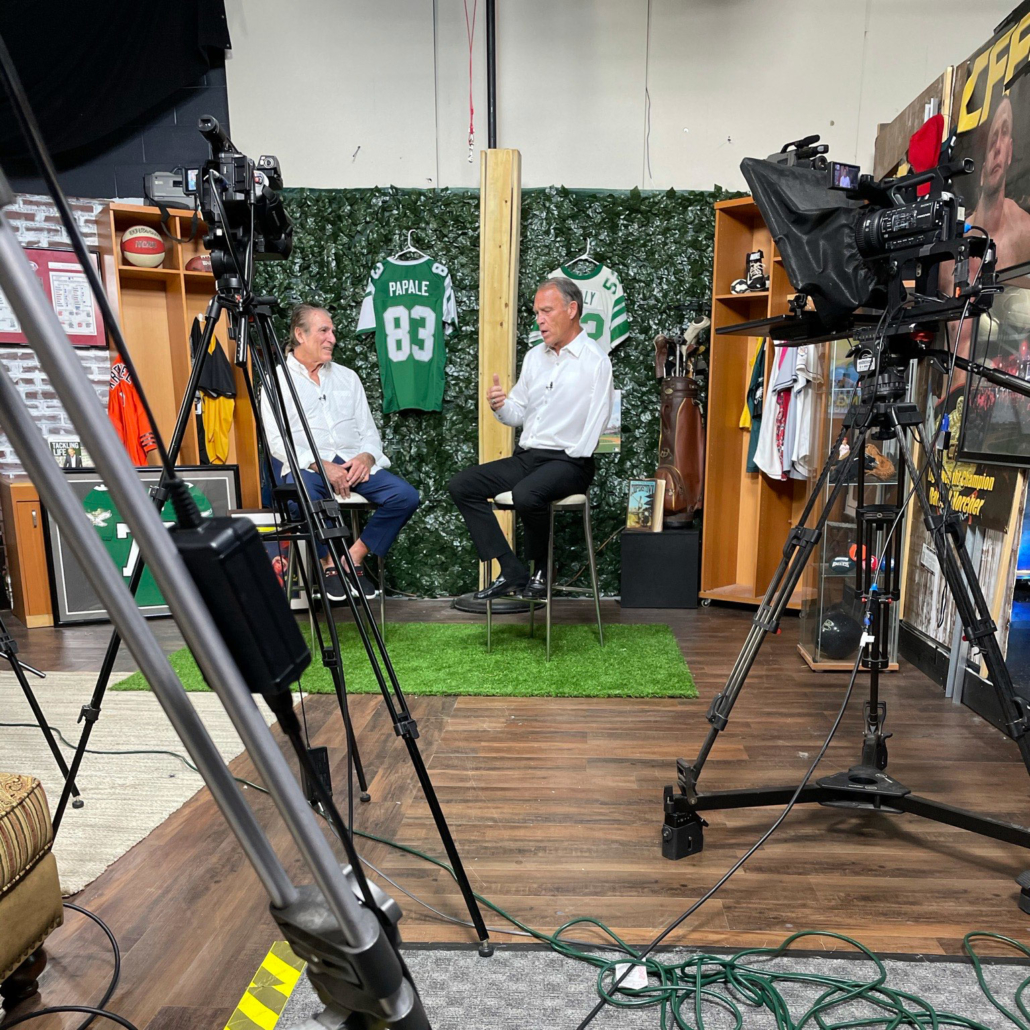

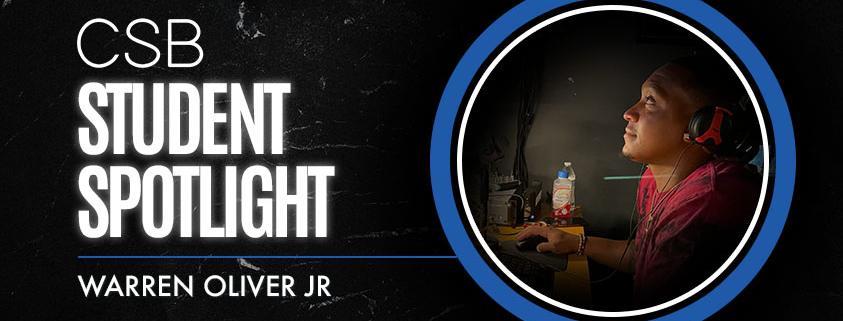

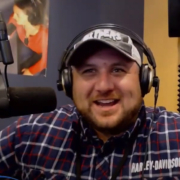
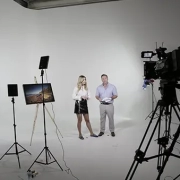
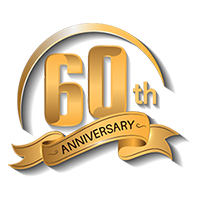


 Request Info >>
Request Info >>